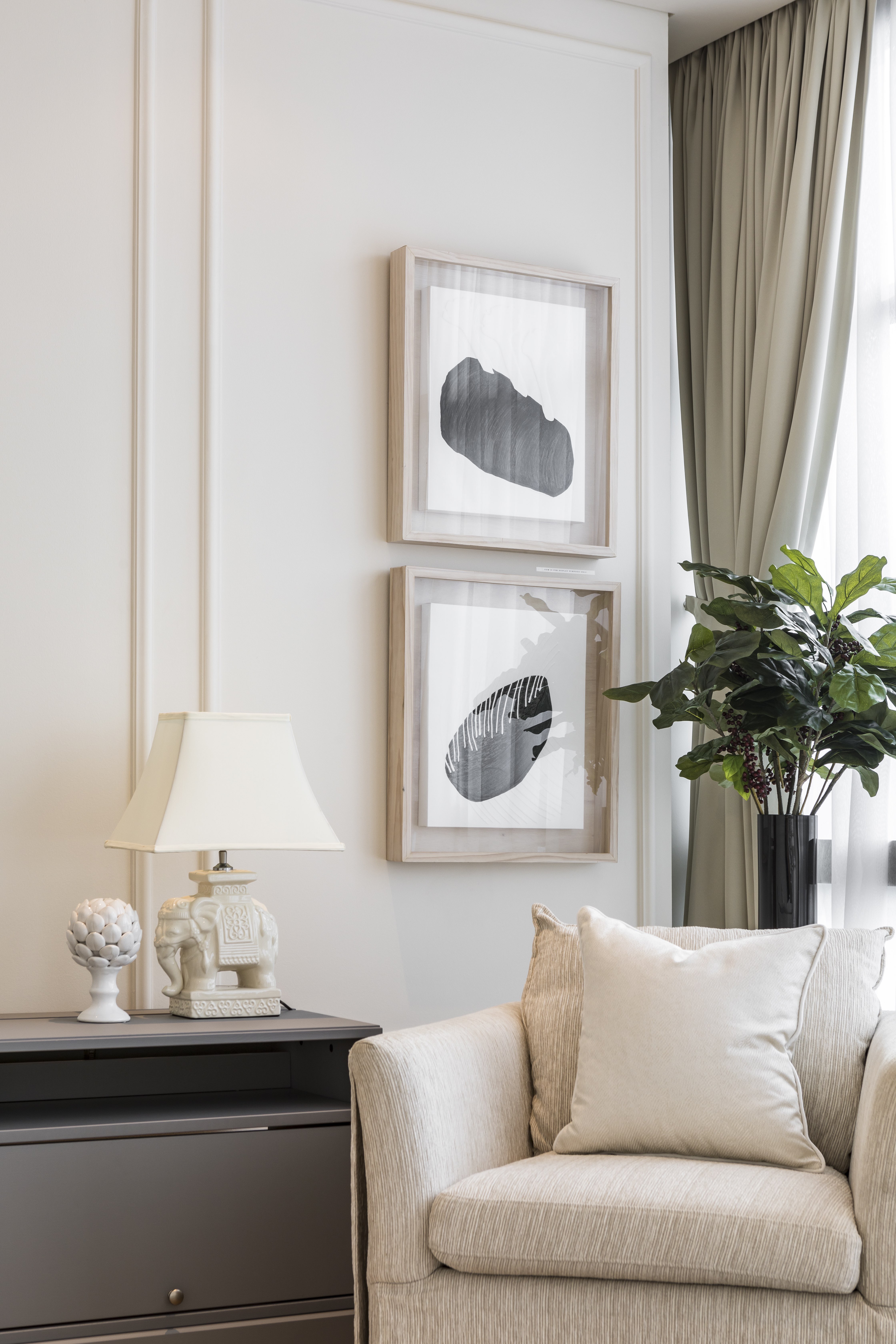
Art Guide
Do’s and Don’ts in Cleaning Artworks
If you're wondering how to clean your artworks in the correct manner, we've compiled some tips along with frequently asked questions to help you with the maintenance of your artworks!
By Raya

Lee Jung Woong, Brush, Print, 110 x 183cm
When doing a deep clean of your home, you might be tempted to clean your artworks along with the rest of the surfaces in your home. However, it is important that you follow the proper ways of handling precious works of art so that you protect them from damage. Ode To Art has collected a few tips along the most commonly asked questions regarding the maintenance of artworks to help you in this endeavour.
1) How do I maintain my artworks?
To preserve your artwork, controlling its environment is key. Here are three tips that will help you preserve your paintings over time:Avoid UV light: display your artwork away from direct sunlight, and protect it with UV-filtering glass or plexiglass.
Control humidity: a simple household air dehumidifier will go a long way to protect your paintings.
Avoid strong and sudden temperature variations: prefer displaying your art on inside walls, as they will convey smaller temperature and humidity variations than outside walls.

Hong Sek Chern, City Ramble Central HK, Ink on Paper, 68 x 138cm
2) How do I clean my artworks?
The most important point is to never touch the surface of a work of art with unprotected fingers: the risk of damaging it, be it with fingerprints, natural oils or bacteria is significant.Artworks do not have to be cleaned often, a simple feather dusting, with a clean duster, is usually enough. Sculptures and exposed paintings (that are not protected by glass) usually do not need more.
If your painting is protected by a glass or acrylic cover, you may clean the frame with a non-abrasive cloth or a microfibre towel (and if necessary, a small amount of ammonia-free glass cleaner).
If your artwork needs more serious cleaning, a professional and specialised art restorer is the right person to contact, as they can advise you on what your artwork needs.

April Ng, The Misplaced Corner, Mixed Medium, 38 x 46cm
3) What chemicals or cleaning agents should be used on artworks?
None ever! Only professional cleaning companies should use solvents or cleaners on an artwork’s surface, as the average household chemical cleaning agent tends to be abrasive and can damage or stain your artwork permanently.
Van Tho, After School, Oil on Canvas, 135 x 135cm
4) I want to hire a professional to clean my artworks. What important questions should I ask them?
Cleaning an oil painting, a calligraphy on rice paper or a bronze sculpture are very different processes, so you should find a company that specialises in the type of art you collect. Ask them about their process as well as the background of the conservator, and most companies will be happy to explain their work into more details. Establishing a relation of trust is crucial, especially if you have an extensive collection.Part of these tips was featured by CNA Lifestyle in an article on deep cleaning homes. Read the full article here



